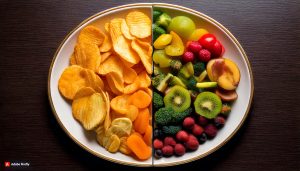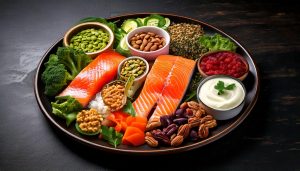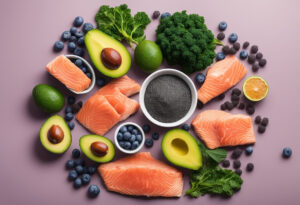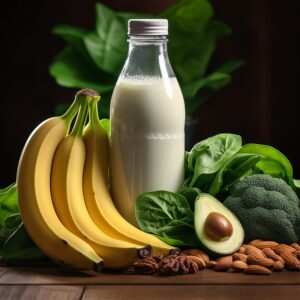PAGE CONTENT:
Understanding Proteins: Importance, Types, and Benefits for Fitness
Proteins are crucial macronutrients that play a vital role in the body’s growth, repair, and overall functioning. They are made up of amino acids, which are the building blocks of life. Proteins are essential for maintaining muscle mass, supporting immune function, and producing hormones and enzymes. Without adequate protein intake, the body cannot perform optimally, leading to various health issues. This article explores the importance of proteins, the different types of proteins, and their role in sports and fitness. By understanding the significance of protein and incorporating it into your diet, you can enhance your overall health and well-being.
What is The Importance of Proteins?
Proteins are fundamental to the body’s structure and function. They help repair and build tissues, including muscles, skin, and organs. Proteins are necessary for producing enzymes and hormones that regulate various bodily processes. They also play a key role in maintaining a strong immune system, aiding in the production of antibodies that fight off infections. Moreover, proteins are involved in transporting nutrients and oxygen throughout the body. Without sufficient protein intake, the body may experience muscle wasting, weakened immunity, and slower recovery from injuries. Thus, proteins are indispensable for maintaining overall health and vitality.
Different Types of Proteins
There are various types of proteins, each serving unique functions in the body. Complete proteins, found in animal products like meat, fish, eggs, and dairy, contain all essential amino acids required by the body. Incomplete proteins, found in plant-based foods like beans, nuts, and grains, lack one or more essential amino acids. However, combining different plant-based proteins can provide a complete amino acid profile. Whey and casein are popular protein supplements derived from milk, known for their high bioavailability. Plant-based protein powders, such as pea, hemp, and soy, are excellent alternatives for vegetarians and vegans. Understanding the different types of proteins helps in making informed dietary choices to meet individual protein needs.
Proteins and Sports Performance
Proteins are crucial for athletes and those engaged in regular physical activity. They help in muscle recovery and growth by repairing damaged muscle fibers post-exercise. Consuming protein-rich foods or supplements after a workout can enhance muscle protein synthesis, leading to increased muscle mass and strength. Proteins also provide a source of energy during prolonged exercise when carbohydrate stores are depleted. Additionally, adequate protein intake supports optimal immune function, reducing the risk of illness and injury. For athletes, the timing of protein consumption is essential, with many experts recommending protein intake both before and after workouts for maximum benefit.
How much protein do I need per day?
The daily protein requirement varies based on age, sex, activity level, and overall health. The Recommended Dietary Allowance (RDA) for protein is 0.8 grams per kilogram of body weight for the average adult. However, athletes and individuals engaged in intense physical activity may require more protein, typically around 1.2 to 2.0 grams per kilogram of body weight. Pregnant and breastfeeding women also have higher protein needs to support fetal and infant growth. It is important to distribute protein intake evenly throughout the day to maximize muscle protein synthesis. Consulting with a nutritionist or healthcare provider can help determine individual protein needs and ensure adequate intake.
Best Sources of Protein
Incorporating a variety of protein sources into your diet ensures a balanced intake of essential amino acids. Animal-based proteins, such as lean meats, poultry, fish, eggs, and dairy products, are excellent sources of complete proteins. Plant-based proteins, including legumes, tofu, tempeh, nuts, seeds, and whole grains, provide valuable nutrients and fiber. Combining different plant-based proteins, like rice and beans, can create a complete amino acid profile. Protein supplements, such as whey, casein, and plant-based powders, are convenient options for meeting increased protein needs. Choosing high-quality protein sources and incorporating them into meals and snacks can support overall health and fitness goals.
SUMMARY
Proteins are essential for growth, repair, and overall health. Understanding the importance of proteins, the different types, and their role in sports performance can help individuals optimize their diet for better health and fitness outcomes.















